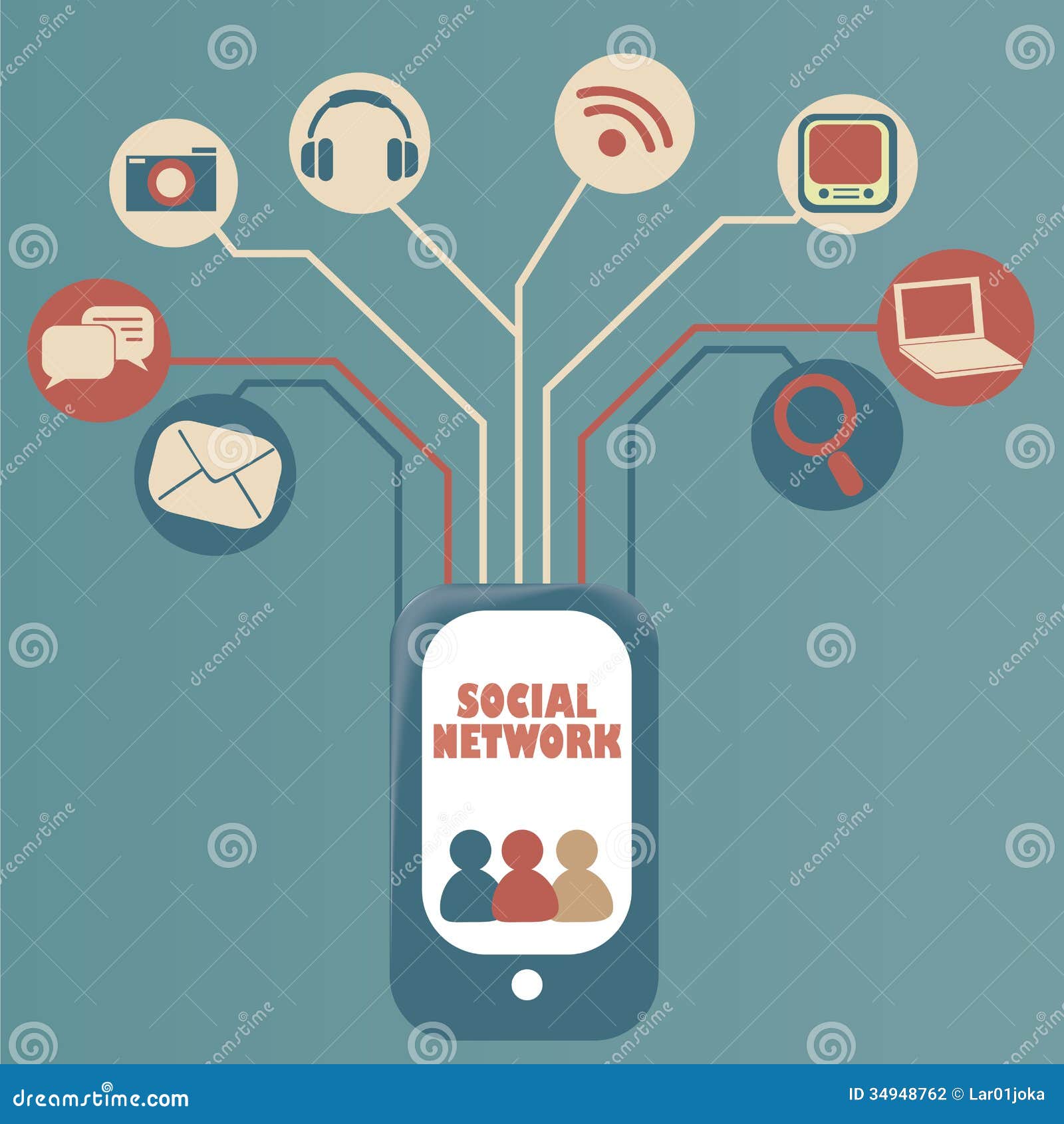"
Convergence" by Henry Jenkins seems to be the distinction between old media vs new media. Well that's the definition of a technical convergence, old and new media coexisting. As each generation is introduced to a new technology, whatever was made before simply becomes old media. With these two types of media in a way they are converged together, meaning they coexist. For example how we have hard cover books and electronic versions of those same books. Either way a convergence occurred once the new form a electronic books emerged. Or even within the article how it talked about the new use of cell phones and how they emerged through time as motion pictures began appearing on phones."Over the past several years, many of us have watched as cell phones have become increasingly central to release strategies of commercial motion pictures around the world..". As motion pictures were considered old media once may years passed from its introduction, cell phones appeared and included multiple functions. A technological convergence was occurring as movies were now being filmed with just a cell phone camera. Instead of the usual professional camera's, the phone was easy to carry and accessible to many. Phones were not being used to make phone calls, but to make ring tones, be used as a camera and other technological capabilities. People could send text without interacting with one another over a phone call. Making a simple phone call was a part of the old media and now the multi functionality cell phones was the new norm.

The internet has had a huge impact on multiple old media's that many thought were in jeopardy. In the early 90's the internet was being birthed as it would include software's that you can search for information or receive information on current events. Many who were used to broadcasting or even using encyclopedia books would soon become something of the past. With computers continuing to advance, everything was going to be entering the digital world. There was a book that mentioned in the article called, "Being Digital" by Nicholas Negroponte, it mentioned how when everything is digitized old media's are in danger. "...predicting the collapse of broadcast networks in favor of an era of narrowcasting and niche media on demand...". In other words what would happen to broadcasting in the near future? Some believed the computer would adjust to the new media and others felt that it would destroy it. One of the digital revolutionaries back then named George Glider believed that the computer was not here to transform mass media but to destroy it (Jenkins, "Convergence"). He used examples like how the tv converged into multiple networks, the car taking over the horse, and a typewriter being converged into a word processor. All these examples seem to follow the old and new media concept. The internet would forever change most the industries that are known by the world.
Another topic that the article talked about was called "The Black Box Fallacy", which was basically stating how one device would have multiple functions on it and would be the only accessible thing to the public. Just like the cell phone, but literally it could do everything and this device would be owned by one company only. Of course it didn't work out because not every company wants to be owned by one big cooperation. At that point it would become a monopoly. Most likely companies like making money not only on one device but multiple devices that include different functions. For instance, take Sony and Microsoft. Sony has developed a console called ps4, which is the most recent console. It has multiple functions like internet access, apps and not only reading cam disk, but also downloading games digitally. It allows members to create a profile and become a member of play station plus, which gives the user internet access. Its controls are very different than its competing gaming console, xbox one. On the other hand although its has the same functions as the ps4, the xbox one has different controls and features. It has a different gaining store than ps4 does. Different controls as well. Each company has exclusive games that only members of each company can play. Yes they are both gaming consoles, but they seperate themselves through different endorsements. Each can be connected to a certain app which include benefits. In the end it's all a business. The way things are looking there were talks a cross platforming but that has yet to come.

As technology advances, many things that we considered new media will soon become old or simply another addition to new media's that will erupt. Convergence shouldn't be seen as something detrimental, but a way to keep improving and rebuilding. Although huge companies like amazon are taking over multiple industries, toys and hard cover books are still being used. Maybe in a way this can motivate barnes and nobles to try to convergence in the digital era. It does seem like if certain companies don't converge soon though they may be left behind. Convergence shouldn't be forced upon other companies but suggested. Every company should have time to adjust and it should decide whether or not they want to. Everything is becoming digitized and in the near future as another convergence will occur, new technologies should be available not only to those who can afford but accessible for all of the public.





